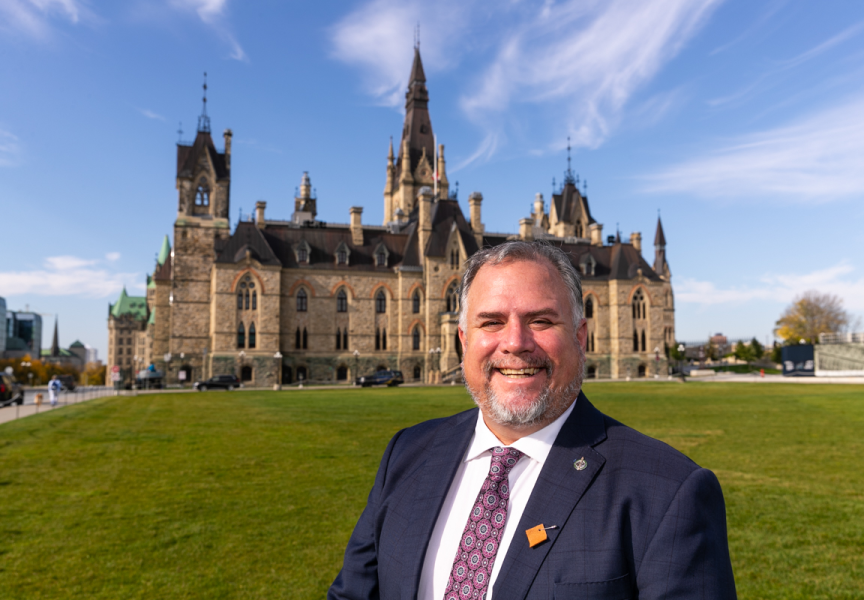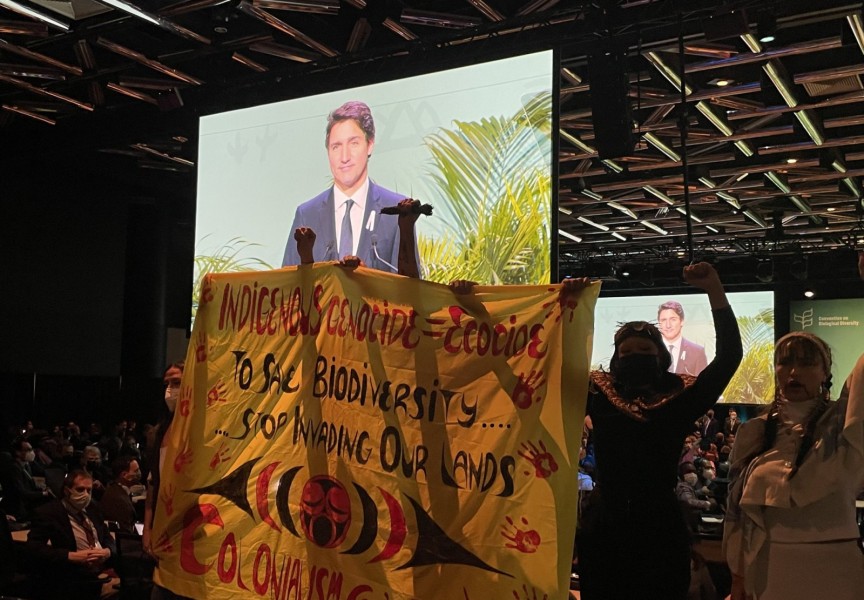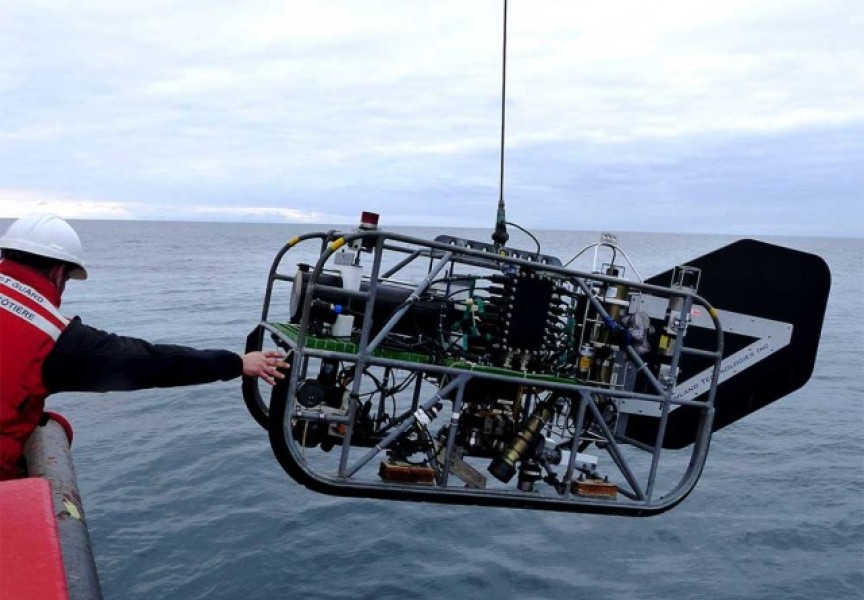“It’s a huge victory for our oceans, our lakes, rivers and for coastal communities,” said Courtenay-Alberni MP Gord Johns after his Private Members Motion to combat marine plastics pollution passed unanimously by a vote (288 to 0) in the House of Commons on Dec. 5.
Johns said his motion (M-151), that draws on a University of Victoria Environmental Law Centre study, is only the second piece of legislation ever passed in Canadian history “around plastics in our waterways.”
“As Canadians, per capita, we use more plastics than any other country in the world. [Coastal communities] want action on this issue, right now we have no national policy to prevent plastics from entering our waterways, no mechanisms in place to clean up the pollution that already exists and again the Liberal government’s promises on global efforts haven’t translated into national action,” Johns said.
The recommended actions in M-151 include regulatory action aimed at reducing plastic debris discharge from storm water outfalls and the consumer and industrial use of single-use plastics.
Actions in the motion focus on dedicated, annual funding for the cleanup of derelict fishing gear, as well as community-led projects to clean up plastics and other debris on shores, banks, beaches and other aquatic peripheries. The legislation also points to education and outreach campaigns on the root causes and negative environmental effects of plastic pollution in and around all bodies of water.
Johns first introduced the private members bill in November 2017 after 35 shipping containers fell off the Hanjin Seattle ship near the entrance to the Strait of Juan de Fuca a year earlier, causing a massive marine debris spill on the West Coast.
“That’s when we identified that there was a regulatory and legislative void to deal with marine debris,” Johns said, noting that 171,000 people signed a petition in support of the motion. “A lot of Canadians weren’t talking about this two years ago.”
A 2017 report from the Ellen MacArthur Foundation, in collaboration with the World Economic Forum, predicted that there could be more plastics than fish in the ocean by 2050.
“We have the longest coastline in the world and have 20 per cent of the world’s fresh water and 60 per cent of the world’s lakes. You’d think that we wold be leading the world in being stewards of our aquatic environments, instead we’ve been laggards,” Johns said.
Johns said he commends his colleagues for learning about the issue and getting behind his motion.
“It was really overwhelming to see every Member of Parliament to get up and support this motion,” he said. “It’s very rare to have a unanimous motion. Private Members bills and motions…about 1.9 per cent is the usual rate of getting one through.”
He said he got a nod from Environment Minister Catherine McKenna following the passing of his motion, who agreed to continue working with the MP to make sure the government understands the plastics issue and solutions to the problem.
Clayoquot CleanUp, an organization that specializes in emergency spill response, accumulated debris removal, and aquaculture site deconstruction and removal, is made up of a team of technical experts who co-founder Josh Temple said were instrumental in helping Johns draft his motion.
Temple said he is ecstatic M-151 was passed.
“We’ve been fighting for years to see some sort of meaningful action take place at the federal level. We’ve seen a lot of rhetoric and a lot of smoke and mirrors from the government… and really it wasn’t until Gord stepped up and started hammering this motion through that we started seeing any meaningful change,” Temple said.
Since their inception, Clayoquot CleanUp has funded all their initiatives through private fundraising with no financial support from the government.
“Hopefully this (M-151) is going to pave the way for governments to step up and start funding organizations like ours, because so far there hasn’t been much willingness on the federal, provincial and municipal governments behalf to contribute any funding whatsoever,” Temple said. “We’re really thankful for Gord’s commitment to taking these applications for funding and this environmental crisis to the federal stage.”







